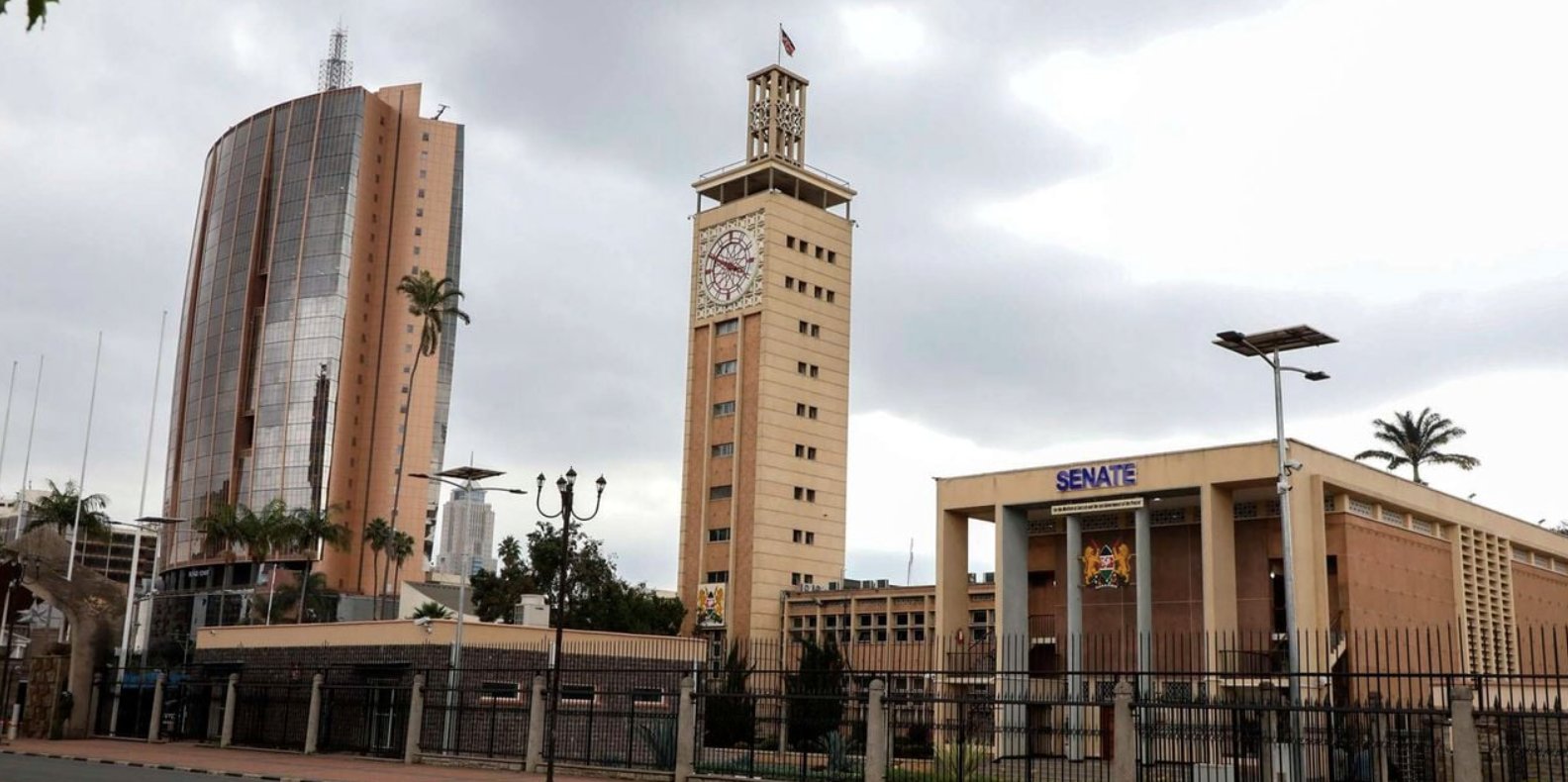News
MPs Push for Cancellation of Multibillion e-Citizen Deal Over Contract Loopholes
While the agreement is supposed to run for three years from 2023 to 2026, it does not specify exact effective and due dates—a loophole that parliamentarians fear “could be explored at the government’s expense.”

Members of Parliament are calling for the cancellation of the government’s multibillion-shilling e-Citizen platform contract after identifying serious loopholes that they claim primarily benefit suppliers while exposing taxpayers to financial risk and potential data breaches.
The parliamentary Administration and Internal Affairs committee has raised alarm over what they describe as a “lopsided contract” that handles hundreds of millions of shillings in daily government service payments but was signed by junior officials without the necessary oversight signatures from key government authorities.
Missing Signatures Raise Concern
According to committee members, the contract conspicuously lacks the signatures of the Attorney-General—the government’s chief legal advisor—as well as Cabinet Secretaries from the National Treasury and Interior Ministry, despite the platform’s immense financial implications and security considerations.
“You cannot have an agreement to which trillions of shillings are going through without the signatures of the Attorney-General, the Cabinet Secretaries of the National Treasury and the Interior Ministry. It is scary,” revealed one committee member.
Instead, the agreement was signed by Stanley Kamanguya, CEO of the ICT Authority, on behalf of the government and witnessed by Thomas Odhiambo, acting director at ICT Authority, and Isaac Ochieng, the Director-General of e-Citizen.Auditor General Conducting Special Audit
The call for cancellation comes as the Auditor General conducts a special audit of the platform following discrepancies noted in the 2023/2024 financial year audit.
The report highlighted variances of Sh44.8 billion between “balances reflected in the revenue statements, e-portal system and the ledger.”
“The special audit is informed by the current strategic importance of e-Citizen in the financial architecture of the government,” states the Auditor General’s report, adding that it would “interrogate both IT and physical security, governance arrangements and the adequacy of the controls in place.”
Contract Duration Ambiguity
MPs also raised concerns about ambiguities in the contract terms.
While the agreement is supposed to run for three years from 2023 to 2026, it does not specify exact effective and due dates—a loophole that parliamentarians fear “could be explored at the government’s expense.”
Data Security Risks
Perhaps most alarming to the committee is a termination clause that potentially puts government data at risk.
The contract stipulates that if terminated, “the suppliers shall be entitled to rescind, withdraw or otherwise uninstall all their proprietary infrastructure and resources including all technical infrastructure and resources whether software or otherwise defined in the Service Level Agreement.”
Kisumu West MP Rozzah Buyu criticized Immigration and Citizen Services Principal Secretary Dr. Bellio Kipsang for failing to provide the required contract information in a timely manner, despite multiple requests since last year.
“We oversight you on behalf of the people. Kenyans want to know where the money they pay goes,” said MP Buyu during a committee session.
The Consortium Behind e-Citizen
The e-Citizen ecosystem is supported by a consortium of developers registered as Electronic Services Solutions (ECS) LLP, which includes:
– Webmasters Kenya Limited: Responsible for support, maintenance, and customer care services
– Pesaflow Limited: Handles payment matters in accordance with the National Payment System Act of 2011
– Olive Tree Limited: Manages bulk messaging, security support for notification services, and revenue mobilization
The consortium was represented in the contract by James Ayugi, CEO of Webmasters Kenya Limited, with signatures from Evid Araka, director at Pesaflow Limited, and James Kabiru, director of Olive Tree Media Limited.
As parliamentary scrutiny intensifies and the special audit continues, questions remain about the future of Kenya’s primary government digital payment platform that processes billions of shillings in public funds.
Kenya Insights allows guest blogging, if you want to be published on Kenya’s most authoritative and accurate blog, have an expose, news TIPS, story angles, human interest stories, drop us an email on [email protected] or via Telegram
-

 News2 weeks ago
News2 weeks agoTHE FIRM IN THE DOCK: How Kaplan and Stratton Became the Most Scrutinised Law Firm in Kenya
-

 Grapevine1 week ago
Grapevine1 week agoA UN Director Based in Nairobi Was Deep in an Intimate Friendship With Epstein — He Even Sent Her a Sex Toy
-

 Politics2 weeks ago
Politics2 weeks agoPresident Ruto and Uhuru Reportedly Gets In A Heated Argument In A Closed-Door Meeting With Ethiopian PM Abiy Ahmed
-

 Development3 days ago
Development3 days agoKenya Strips Dutch Climate Body of Diplomatic Immunity Amid Donor Fraud Scandal and Allegations of Executive Capture
-

 Investigations1 week ago
Investigations1 week agoHow Mexico Drug Lord’s Girlfriend Gave Him Away
-

 Business2 weeks ago
Business2 weeks agoSafaricom Faces Avalanche of Lawsuits Over Data Privacy as Acquitted Student Demands Sh200mn Compensation in 48 Hours
-

 Investigations1 week ago
Investigations1 week agoHow Close Ruto Allies Make Billions From Affordable Housing Deals
-

 Entertainment2 weeks ago
Entertainment2 weeks agoKRA Comes for Kenyan Prince After He Casually Counted Millions on Camera

![Mr. James Ayugi (on the left), the founder of e-Citizen. [Photo: Courtesy]](https://kenyainsights.com/wp-content/uploads/2025/04/IMG_4357-300x225.jpeg)

















